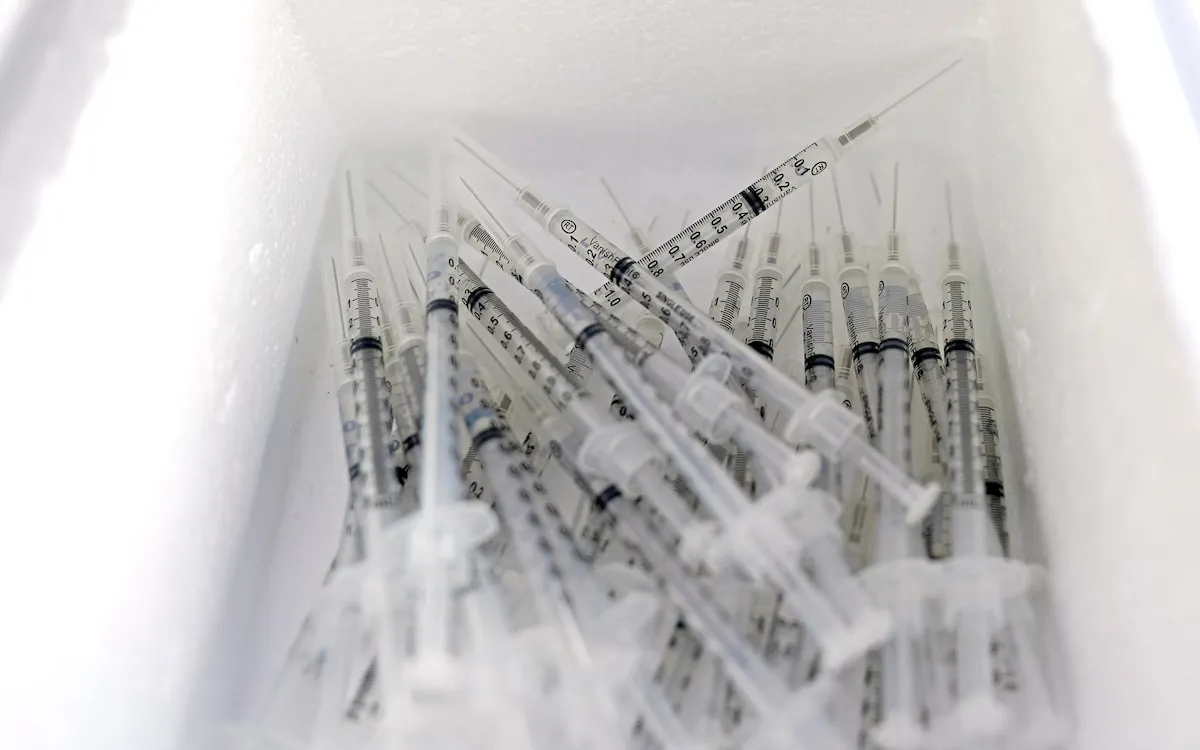
A groundbreaking study suggests that a vaccine designed to protect against shingles may also play a significant role in fighting dementia. Research published in the journal Nature reveals that receiving a shingles vaccination can reduce the risk of developing dementia in older adults by 20% over a seven-year period. This finding highlights the complex relationship between various health factors and brain health as we age.
Lead researcher Dr. Pascal Geldsetzer from Stanford University emphasized the robustness of these findings, noting that “women seem to benefit more” from the vaccination, which is particularly noteworthy given their higher risk of dementia. The study monitored individuals in Wales who received the first-generation shingles vaccine over a decade ago, focusing on those around the age of 80.
In the United States, health experts now recommend that individuals aged 50 and older get the newer shingles vaccine, which has been proven to be more effective than its predecessor. Dr. Maria Nagel from the University of Colorado Anschutz Medical Campus supports this move, stating that the virus that causes shingles is linked to an increased risk of dementia. She notes, “Now we have an intervention that can decrease the risk.”
As the population ages, the prevalence of Alzheimer’s disease and other forms of dementia is on the rise. Dr. Anupam Jena, a physician and health economist at Harvard, commented on the profound implications of this study, emphasizing its potential to shift how we view dementia prevention.
Shingles is caused by the reactivation of the chickenpox virus, which most individuals born before 1980 carry for life. This virus can resurface when the immune system weakens, resulting in painful, blister-like sores on one side of the body. According to the Centers for Disease Control and Prevention (CDC), approximately 1 in 3 Americans will experience shingles at some point in their lives. While most recover, the condition can lead to severe complications, including vision loss and prolonged nerve pain.
The exact mechanisms behind the development of Alzheimer’s and other dementias remain unclear. However, certain viruses, particularly those in the herpes family like the chickenpox virus, have been implicated in increasing vulnerability to these conditions. Last summer, researchers at Boston’s Brigham and Women’s Hospital found that an episode of shingles could elevate the risk of dementia by around 20%. The virus can cause inflammation and directly affect blood vessels in the brain, leading to potential strokes and cognitive decline.
Moreover, research has indicated that shingles can trigger the production of amyloid, a protein associated with Alzheimer’s disease.
While adults who receive recommended vaccinations often engage in healthier lifestyle choices, making it difficult to isolate the benefits of the vaccine, Dr. Geldsetzer’s team utilized a unique "natural experiment" in Wales to assess the impact of shingles vaccination on dementia risk. By comparing seniors just above and below the age cutoff for vaccination eligibility, the researchers analyzed over 280,000 medical records and found evidence suggesting that vaccination does indeed provide some level of protection against dementia.
At the time, participants received the first-generation vaccine known as Zostavax. The next important step is to determine whether the current vaccine, Shingrix, also offers similar protective benefits. Early reports from another research group suggest that it may.
The CDC recommends the Shingrix vaccine for adults starting at age 50, as well as for younger individuals with certain immunocompromising conditions. This vaccine is administered in two doses a few months apart. Despite its importance, fewer than 40% of eligible Americans have received their shingles vaccination. Common side effects include pain at the injection site and flu-like symptoms. The CDC advises waiting to receive the shingles vaccine if currently battling another virus such as the flu or COVID-19.
While there is no guaranteed method to prevent dementia, healthcare providers recommend several lifestyle adjustments to lower risk. Staying socially and cognitively active, along with managing chronic conditions like high blood pressure and diabetes, can contribute to better cognitive health.
As research continues to unveil the connections between shingles and dementia, the implications for public health and individual wellness are increasingly significant.